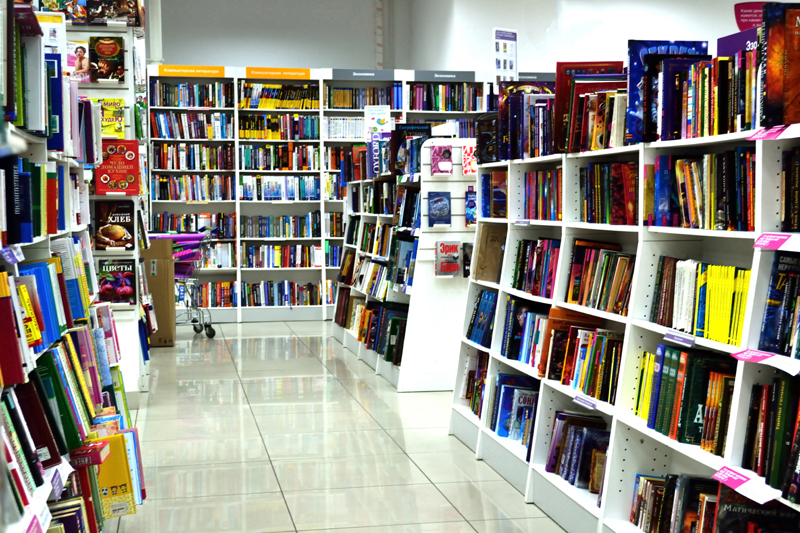The Whole Language Approach

What is whole language? Why is there such conflict?
Few educational trends have been as controversial as the whole language approach to learning. Recently in Australia, the conflict between Whole Language advocates and Phonics advocates has reheated. Part of the problem is that experts do not agree on the way to use whole language, or even on the benefits of using it. One fact is that it will remain in many school systems.
Appearing in the 1960s and 1970s, as a veering away from basal readers, the movement gathered steam in the 1980s. During the 1990s, and today, the issue has been politicized. Parents, teachers, administrators, politicians line up on various sides of the issue.
Whole language is not a systemized approach, but rather a philosophy that assumes that reading and general language competencies are acquired through integrated use instead of through learning separate, finite skills, such as word attack, comprehension, and vocabulary. It relies heavily on the use of literature and trade books, rather than basal readers, and usually involves integrated thematic studies and the extended use of writing.
Proponents argue that a child's learning to read should happen naturally, much as children learned to speak, and that the mere decoding of words, such as is done in phonics programs, does nothing to teach children the meaning of words, or expose them to the varied use of words.
Opponents argue that structure is necessary, and that a child's learning to read is too valuable to leave to chance and accidental discovery. All children do not learn in the same way, therefore adhering to one method only is dangerous and may leave some children behind.
Many teachers today use a blended approach. They use some traditional methods, but also weave in the use of literature, writing, and thematic studies into their plans. They view teaching to read as a good coach teaches baseball. A team needs to spend time practicing skills (phonics). But, if the team never gets to play an actual game (whole language), the players loose the joy of the sport (reading).
Our next article will address: What role does the school library media specialist have in the whole language approach?
 Bella Library Sciences Recommends
Bella Library Sciences Recommends
Hands-On Alphabet Activities for Young Children: A Whole Language Plus Phonics Approach to Reading, by Roberta Seckler Brown & Susan Carey
This book meshes phonics with "mini-books" that are reproducible. Perfect for kindergarten and ESL programs.
You Should Also Read:
The Power of Reading in the Library
Free Reading and Student Acheivement
The Value of Light Weight Reading

Related Articles
Editor's Picks Articles
Top Ten Articles
Previous Features
Site Map
Content copyright © 2023 by Paula Laurita. All rights reserved.
This content was written by Paula Laurita. If you wish to use this content in any manner, you need written permission. Contact Christine Sharbrough for details.



